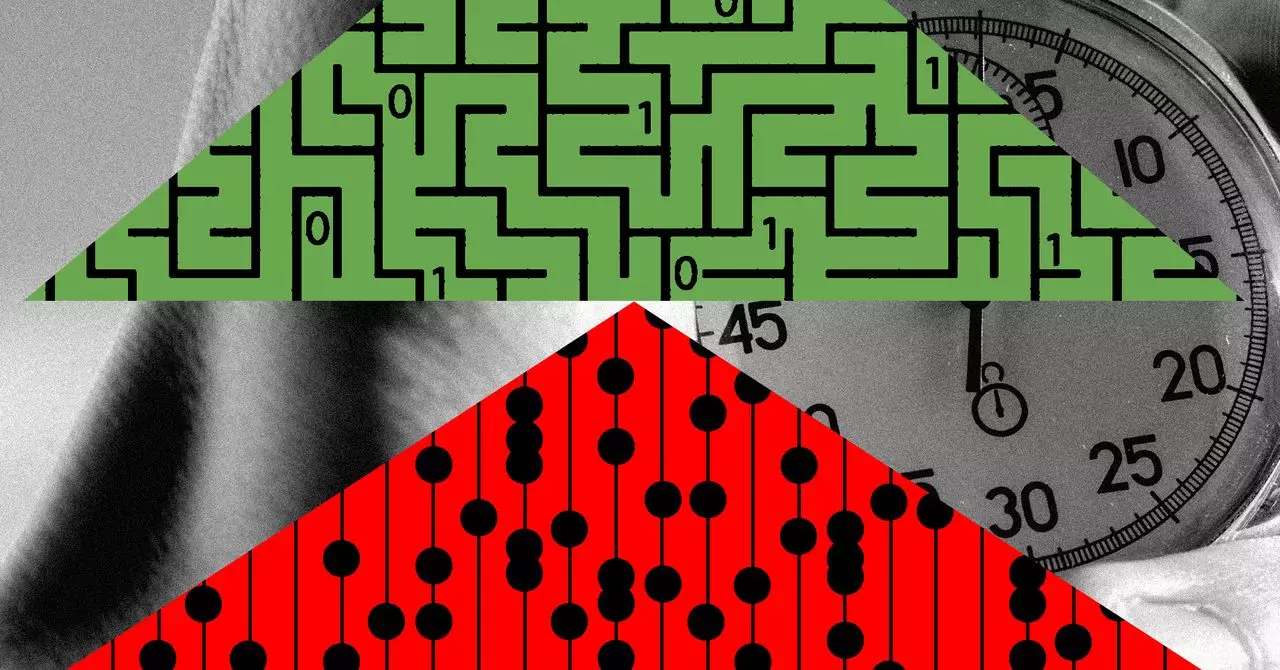As the race towards Artificial General Intelligence (AGI) heats up, many companies in the AI sector trumpet the imminent arrival of superintelligent systems. Yet, a closer inspection reveals that today’s models, while impressive, are still far from perfect and require significant refinement. This discrepancy casts a shadow on the bold proclamations from industry executives, who seem to overlook the very real limitations faced by these advanced systems. Enter Scale AI—a company committed to ensuring these formidable technologies are not only functional but also reliable and safe.
Automation Meets Human Expertise
Scale AI has tackled the challenge of model training head-on. By developing an advanced platform capable of conducting automated evaluations across a diverse array of benchmarks, they have created a tool that is not just innovative but transformative. This platform identifies weaknesses in AI systems and signals the types of additional training data needed for enhancement. Historically, Scale AI has been known for mobilizing human intelligence to assist in the intricate process of refining AI models by providing critical feedback on the outputs generated by these systems. The role of human evaluators is indispensable, particularly when it comes to fine-tuning the coherence and politeness that users expect from AI-driven chatbots.
Yet the new tool, aptly named Scale Evaluation, portrays the future of this labor-intensive process. Using cutting-edge machine learning algorithms, Scale’s platform serves as an intelligent overseer, optimizing the manual efforts undertaken previously. As Daniel Berrios, the head of product for Scale Evaluation, comments, this innovative tool replaces inconsistent practices within expansive labs and allows for precise metrics to be derived regarding model performance. It acts as a powerful eye, permitting developers to dissect results keenly and take targeted action where necessary.
Raising the Bar on Reasoning Skills
The necessity for robust reasoning capabilities in AI cannot be overstated. Effective reasoning allows models to dissect complex problems into manageable components for better solutions. Scale Evaluation is already helping various leading AI firms enhance this critical area. Through detailed analyses that pinpoint deficiencies, it assists companies in gathering the additional training data necessary to elevate these reasoning capabilities. Notably, Scale Evaluation once identified a significant drop in reasoning performance when a language model faced non-English prompts—an eye-opening revelation that underscores the challenges of language diversity in AI training.
This flexibility and responsiveness showcase Scale AI’s commitment to improving the reasoning ability of AI systems. By refining models’ reasoning capabilities, Scale opens doors to more reliable and versatile applications of AI across different languages, cultural contexts, and problem domains.
A New Era of Benchmarking
In a landscape where conventional AI benchmarks may fall short of challenging sophisticated models, Scale AI is pushing the envelope further with the introduction of innovative evaluation standards like EnigmaEval, MultiChallenge, MASK, and the provocative Humanity’s Last Exam. The complexities of measuring progress in AI systems have only intensified as these models become adept at clearing existing hurdles. In this challenging environment, Scale’s new tool emerges as a beacon of hope, bringing a multifaceted viewpoint to the performance assessment of AI.
This revolutionary approach enables the development of custom tests that effectively probe a model’s reasoning across different languages and contexts. It’s an essential step towards ensuring that AI systems not only comply with operational standards but also meet the ethical expectations of our society.
Standardization and Safety: The Path Forward
The overarching challenge of AI safety cannot be sidelined in this discussion. Scale AI acknowledges the hazards posed by inconsistent benchmarks, especially as they relate to potential misuse of AI models that arise from unreported jailbreaks. By collaborating with entities like the U.S. National Institute of Standards and Technology, Scale is paving the way for standardized methodologies that ensure AI systems are both trustworthy and secure.
The question of what kinds of errors remain unnoticed in AI outputs is profound: Are the models’ biggest blind spots rooted in their training data, or do they stem from the inherent limitations of the algorithms themselves? Such inquiries point to a fundamental requirement for transparency and standardization within the AI sector.
In this crucial juncture for AI development, Scale AI is at the forefront of addressing both the practical and ethical challenges that accompany this technology’s evolution, positioning itself as a crucial player committed to building a brighter, safer tomorrow for artificial intelligence.

